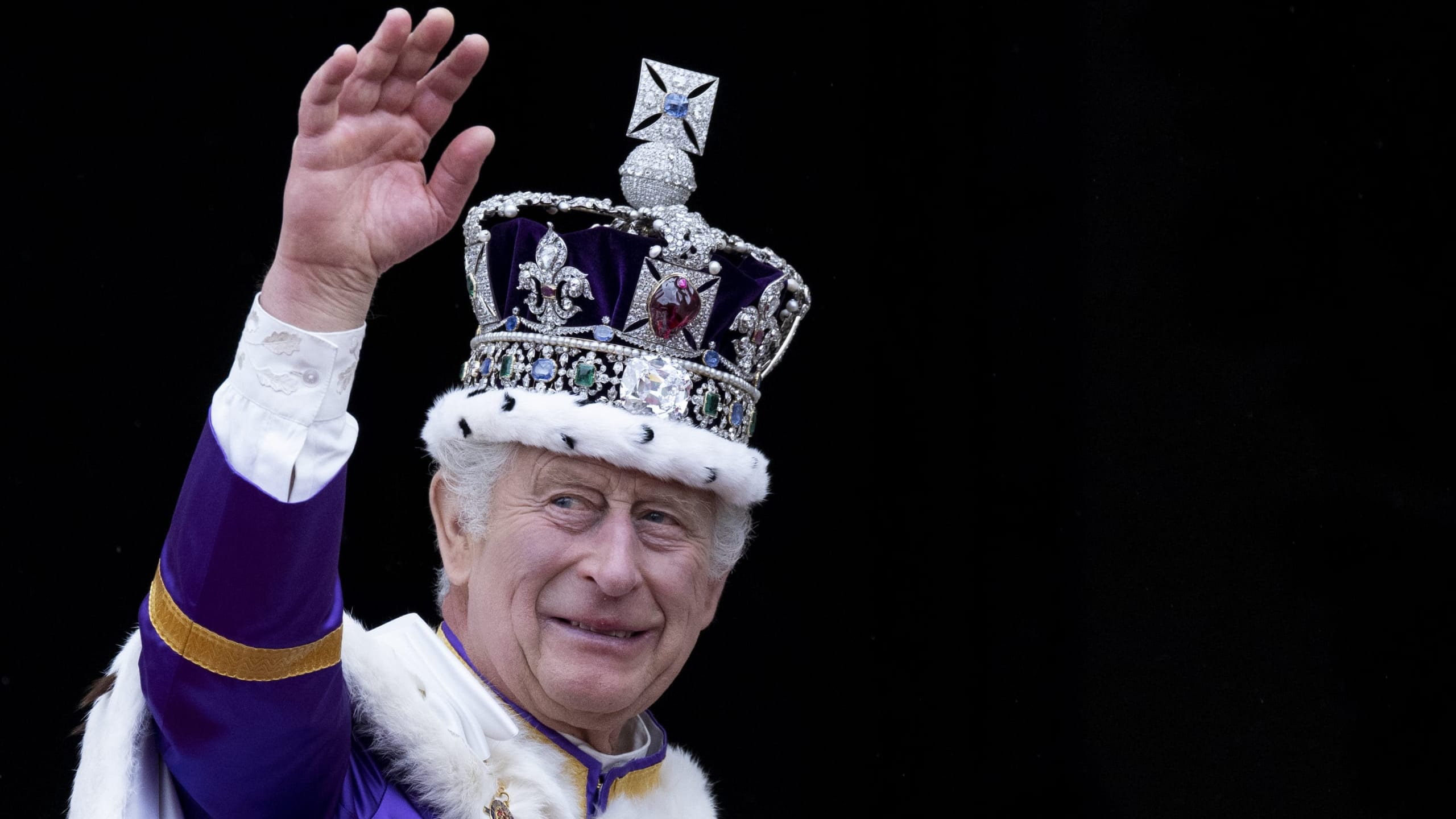“Notes on faith” is theGrio’s inspirational, interdenominational series featuring Black thought leaders across faiths.
As we wrote this week’s note on faith, we were viewing King Charles III’s coronation, noticing a musical presentation of the “Alleluia” composed by a white British woman that was met with a mixed reception on social media. Various online spectators described the commissioned work as “gospel”; others struggled to decipher the inherent conflicts and unspoken significance in the choir’s Afro-descended vocalists singing so beautifully for the British empire. Also, compositions by George Frideric Handel, a confirmed funder of the transatlantic slave trade, were strewn throughout the Coronation Order of Service, illuminating its disregard for the devastating repercussions of colonialism.
In short, symbols of the British empirical legacy abounded in a performance reestablishing its world domination.
However, it is not lost on us that this transition in power includes becoming the leader of the Church of England, among other roles, a ceremony that last occurred 70 years ago. It is also important to note the Church of England is comprised of predominantly Afro-descended people producing an “African Anglicanism” phenomenon. And its U.S. counterpart, the Anglican Church, is now led by an African-American presiding bishop, The Most Reverend Michael Curry.
Since arriving in the U.K. last year to embark on new career opportunities, we, as married Black theologians, have been inundated with larger diasporic issues. They have included attending a major symposium on reparations that outlined King Charles’ alma mater’s holdings in the slave trade and engaging a working group deployed by the United Nations to the U.K. to report on the issue. Foremost in our minds as Black American faith leaders is the sobering legacy of the crown from a social, biblical, and moral…
Read the full article here



